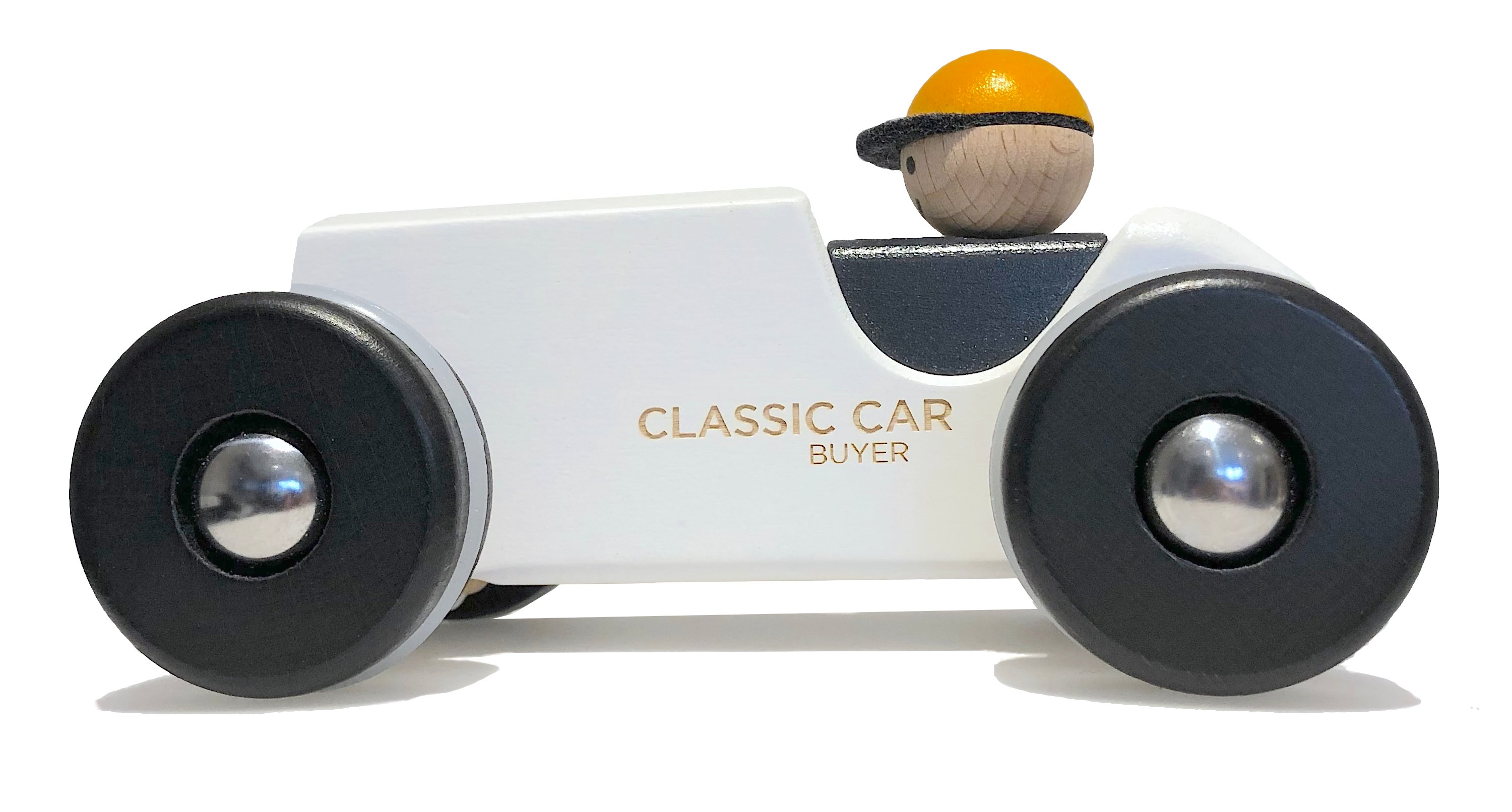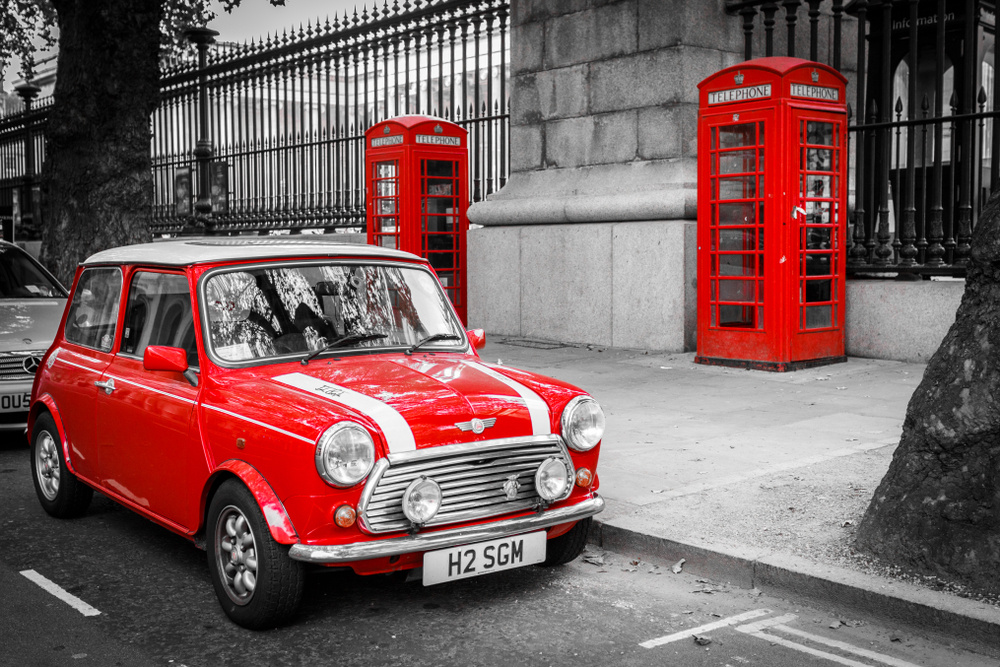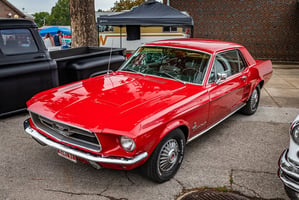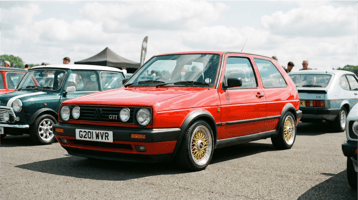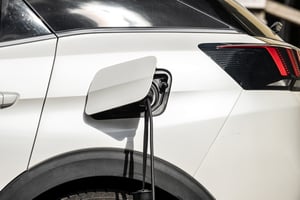Owning a classic car is like possessing an authentic piece of history, each one different and with...
The government has asked the DVLA to get information from the public on how classic cars should be categorised in the future, given that the system hasn’t been updated since the 1980s, and the fact that technology has moved on a great deal since then.
The modifications that are being done to many classic cars are rendering them very different to how they were originally made - for example, many are being converted to electric. As a result, a 'call for evidence’ has been launched on how to future-proof classic cars in the UK. This is now your chance to have a say on the potential changes that could be made on the registration process for historic, vintage and classic vehicles - to both protect these cars for the future, and to also influence what would make them fit for the modern age. The DVLA has already sought the views of its counterparts in other countries, reporting that of those that responded, the majority had a separate scheme for the registration of historic vehicles, which tended to be for vehicles more than 30 years old.

Transport Secretary, Mark Harper, said: ‘The way we restore and protect classic cars has not kept up with the times and evolving technologies, which is why we are calling for industry and enthusiasts to have their say on how to best protect these British classics for decades to come.’
It appears that the government wants to make the process of being able to modify and register classic cars much easier, in light of the changing and evolving technologies available for making modifications. Therefore, changes to the way classic vehicles are registered, rebuilt and electrically converted are up for discussion, as well as how to ensure they are still roadworthy - and thus safe to drive. The intention is that any changes could then make it easier to register vehicles; to assist in fully recognising their value while protecting the prospective buyers looking to acquire them, and additionally make it easier to modify classic cars to either restore them, improve their performance and/or retrofit them (with electric motors, for example.)
So, what is the process for giving your views?
The 'call for evidence' explains the current policies used for identifying classic vehicles and the registration processes for them, which have been in place for many years. The DVLA say they are ‘seeking expert knowledge about whether these policies need updating, in particular to reflect evolving technologies that support the restoration and rebuilding of vehicles, along with vehicles that are being converted to electric’. They therefore ask that any suggestions given are based on good knowledge and expertise in this area, so do think about giving your views if you have the expertise and understanding required.

There’s a variety of options in terms of the questions available to answer, on several different types of vehicles including classic, historical, restored and rebuilt ones, as well as the VIN allocation process. It doesn’t matter if you just have views on one aspect of the consultation, as you only need to answer the questions you want to answer, as opposed to having to fill in the whole form.
You might, for example, have an opinion on the following question:
If you think there should be a series of registration numbers specifically for historic and classic vehicles, how do you imagine this would work?
Alternatively, you might be more focused on the safety aspect of modifications, and have something to say regarding the following:
Should there be a new type of safety check in place which takes into account the age of a historic or classic vehicle?
There’s a form for you to fill in, which you can find here. As we said, this is a decent opportunity to get your views across on this subject, as the last time a similar consultation happened was back in the 1980s. The ‘call for evidence’ request closes at 11:59pm on the 4th July 2024, so do get your comments in soon if you want to have your say!



